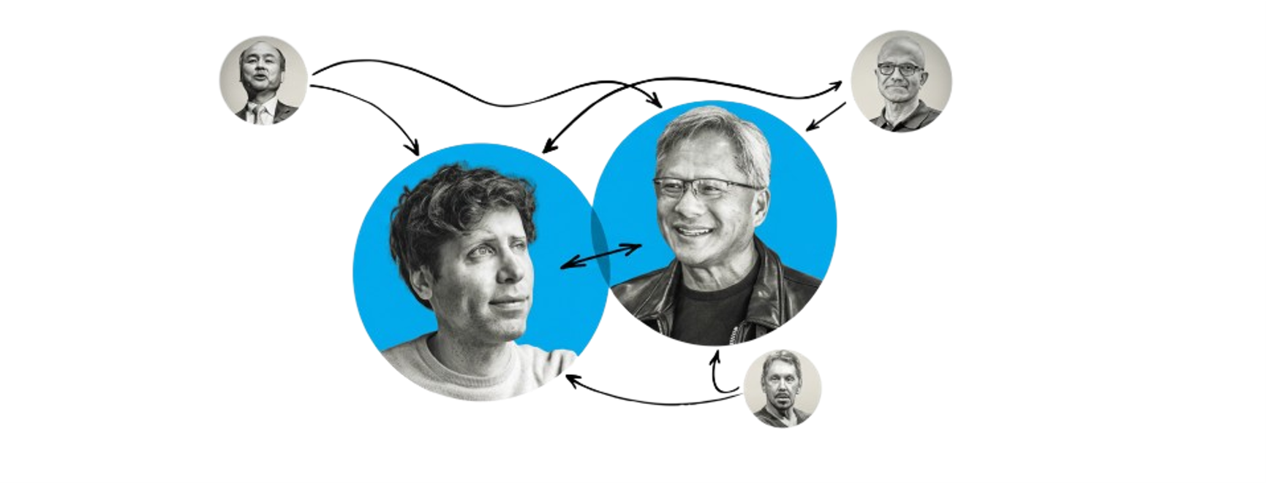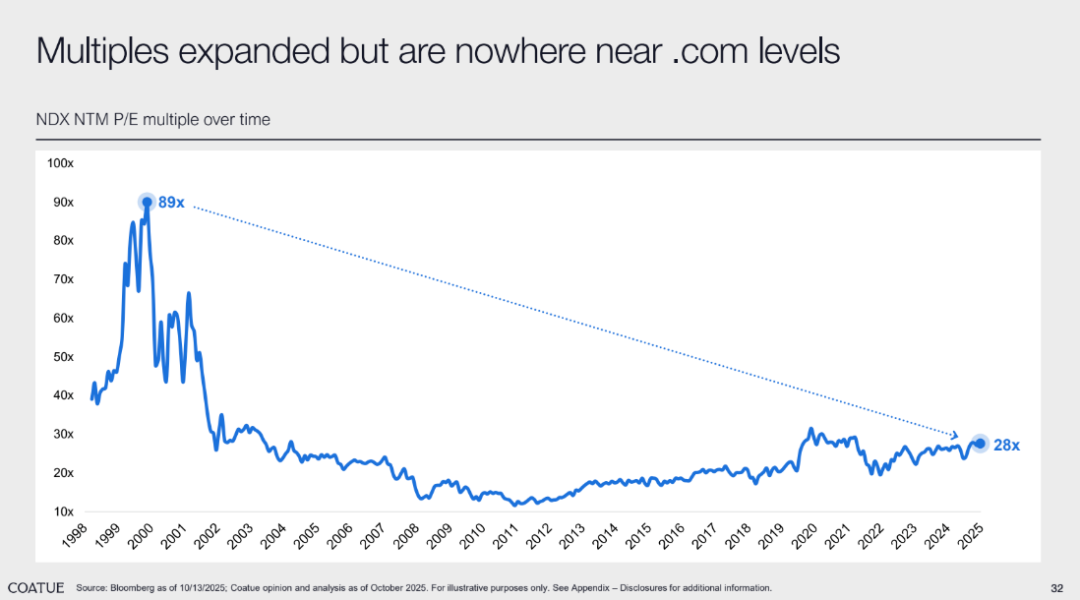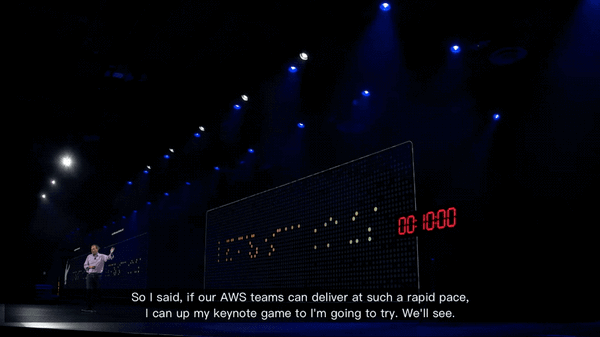Why AI Is Not Yet a Bubble — Four-Part Series | 42 Scriptures AI Newsletter

AI Newsletter #2 — Unicorn Fal’s Rise, AI Bubble Debate, Pricing Strategies & Growth Power Law

Curated from 200+ overseas articles and 100+ podcast episodes — this is the second issue of the AI Newsletter.
We’ve launched a dedicated site for subscribers: 42chapter.substack.com, for those who prefer the web version.
---
📋 Contents
- $100M ARR in 1 Year — The keys to Fal’s explosive success
- Is AI a bubble yet? — Why Coatue says “not yet”
- Pricing for AI products — Lessons from 250 companies
- Growth Power Law — Insights from Sandy Diao
---
1. Fal’s Journey to $100M ARR in 12 Months
In October, Fal announced $250M funding led by Sequoia and KP with a valuation topping $4B.
Fal operates an "AI generative media cloud" — optimized APIs for image, video, and audio models — acting as both premium broker and accelerator.
Results: ARR grew from $2M → $100M in one year with under 50 employees.
---
Strategic Pivot
- Origin: Initially a data-processing product competing with Databricks/Snowflake.
- Trigger: Stable Diffusion demand surge + GPU shortage → massive waiting lists.
- Investor prompt: Which product gets to $1M ARR faster? Which gets to $10M faster? → pivoted to inference optimization.
---
Choosing Generative Media over LLMs
Despite LLM hype, Fal chose image/video inference, reasoning:
- Avoid giant competition risk (e.g., Google offering LLM inference for free).
- New market creation vs. cannibalizing existing revenue streams.
- SOTA shelf life is short (3–4 months) → advantage erodes quickly.
---
Aggregation Flywheel
Fal integrates 600+ models with deep optimization:
- Attract developers with best performance APIs.
- Draw models seeking distribution to this large developer base.
Accidentally sparked when introducing Chinese model Kling to Western devs → models flocked in.
---
GTM: PLG + Sales Loop
- Self-service signup & pay-as-you-go.
- Identify whales by spend threshold (e.g., $300/day).
- Enterprise conversion via Sales + annual contract incentives.
---
Authentic Brand Marketing
- GPU Rich / Poor hats — became event hits.
- Live speed deployments of new models — high dev respect.
---
Next Opportunities
- Scale AI for media — shared, labeled datasets.
- RL frameworks for video model reward functions.
- Vertical ad solutions — niche industry targeting.
Refs:
---
2. AI Bubble? Coatue’s Analysis
Michael Burry’s portfolio shift (puts on NVIDIA/Palantir worth $1B) reignited bubble fears. Surveys show 54% of fund managers think AI is in bubble stage.
---
Coatue’s View: Not Yet
Definition: asset prices >> intrinsic value, driven by speculation.
Doubts vs. Responses:
- Valuations: Nasdaq 100 forward P/E now 28× — far from 2000’s 89×.
- Concentration: Today’s giants are diversified multi-sector vs. mono-line in 2000.
- CapEx: 46% of cash flow vs. 75% in 2000 — funded internally.
- Funding loops: Not new — watch scale.
- Low enterprise adoption/profitability: Infra needs time; consumer side strong (ChatGPT MAU vs. tech history).

---
Demand & Profit Trajectory
- AI revenues could grow 10× in 5–10 years → $1.9T by 2035.
- ROIC projected +20% (mature cloud levels).
- Odds: >2/3 market remains strong.
Refs:
Coatue Update | Economic Times on Burry
---
3. Pricing AI Products — Madhavan’s Framework
Experience: 250+ companies, 30 unicorns.
---
Stage-based Focus
Early stage: Keep pricing simple + story-driven (e.g., Superhuman’s $1/day for 4h/week gain).
Scaling: Negotiation tactics:
- Give to get — trade discounts for value audit reports.
- Make client self-convince — collaborative ROI model.
- Options over single plan — Good / Better / Best.
Concession pattern: Decreasing sizes signal near-bottom limits.
---
POC Best Practices
- Charge for POCs to filter leads.
- Tell clients POC fee ≠ future contract value.
- Avoid fixed pricing upfront — give ranges linked to ROI.
---
Pricing Quadrants
By Value Attribution Difficulty × AI Autonomy:
- Pay-per-use for infra AI.
- Seat-based SaaS for low-autonomy, hard-to-attribute.
- Sub + usage for AI Copilots (low autonomy, easy attribution).
- Performance-based for AI Agents (high autonomy, easy attribution).
Pitfalls:
- Giving away high-value features.
- Too slow price iteration vs. AI’s pace.
- Targeting churn-prone customers.
Ref:
---
4. Growth Power Law — Sandy Diao Insights

---
Data-Inspired, Not Data-Driven
Context matters — friction can filter high-intent users (e.g., Descript’s desktop app vs. low-intent web visitors).
---
Channel Focus
80% of growth from 1–2 channels — find and scale Unfair Advantages (e.g., content created by users → affiliate program).
---
Position Broad, Acquire Narrow
Horizontal brand, vertical landing pages for specific tasks/scenarios → feed broad homepage conversions.
---
Early Growth Hiring
Embed growth before PMF — even <10-person teams.
Only must-have trait: hands-on drive.
Ref:
---
💡 Closing Thought
Pricing power, channel focus, and authentic market engagement will be key in translating AI innovation into sustainable business.
Platforms like AiToEarn官网 integrate AI content generation, multi-platform publishing (Douyin, Kwai, WeChat, Bilibili, Xiaohongshu, FB, IG, LinkedIn, Threads, YouTube, Pinterest, X/Twitter), analytics, and model rankings (AI模型排名) — helping creators and builders commercialize AI output efficiently.
---
More Reading:



